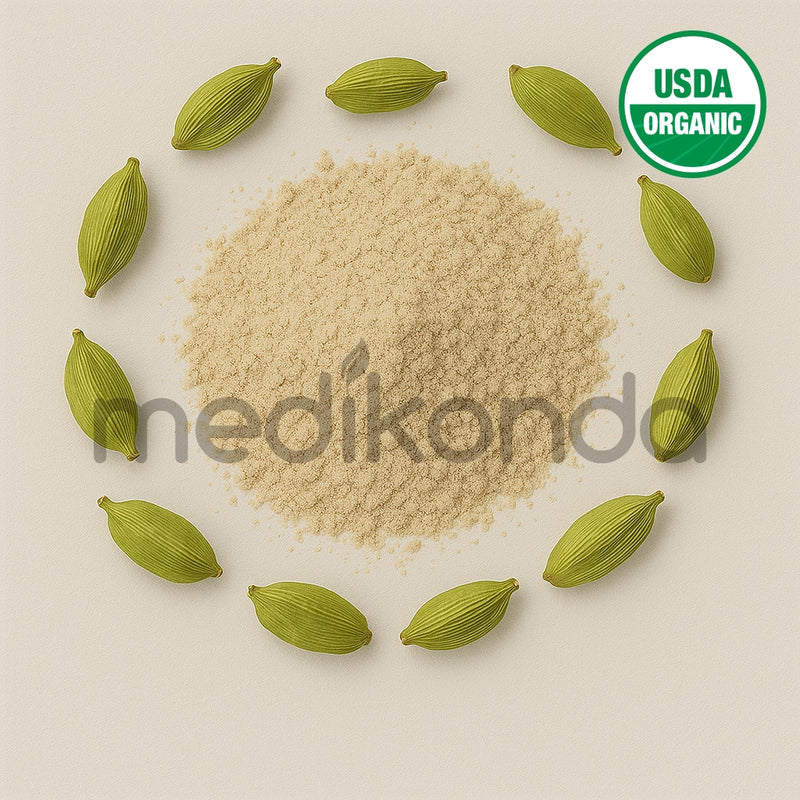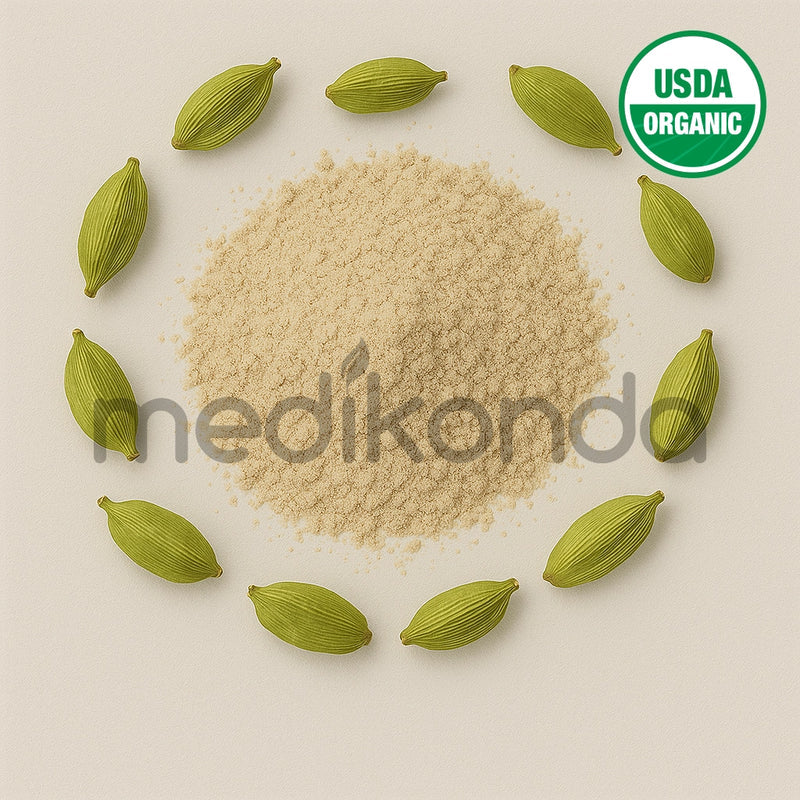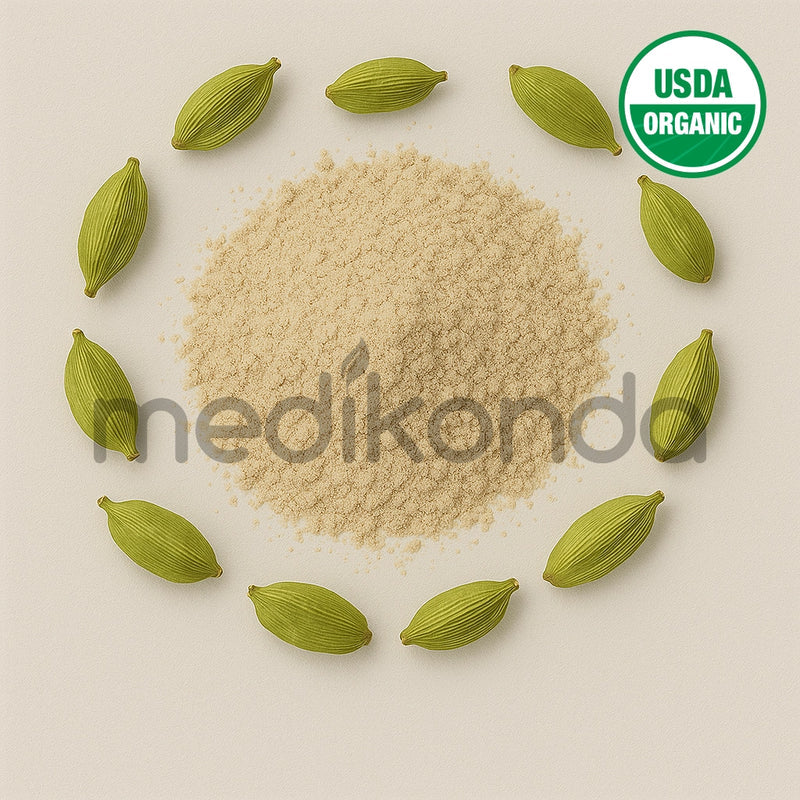Add description, images, menus and links to your mega menu
A column with no settings can be used as a spacer
Link to your collections, sales and even external links
Add up to five columns
Add description, images, menus and links to your mega menu
A column with no settings can be used as a spacer
Link to your collections, sales and even external links
Add up to five columns
LOOKING FOR BULK INGREDIENTS PRICING?
GET INSTANT QUOTEwhat ingredient are you looking for?

Benefits of White Salt - Wholesale B2B Bulk Suppliers in Australia and New Zealand
White Salt: The Common Culinary Staple and Its Essential Role in Daily Life
What is White Salt?
White salt, commonly known as table salt, is one of the most widely used minerals worldwide. It primarily consists of sodium chloride (NaCl) and is essential not only for seasoning food but also for maintaining various physiological functions in the human body.
White salt is typically refined and purified to remove impurities, resulting in its bright white, crystalline appearance. It is often fortified with iodine to prevent iodine deficiency disorders.
Types of White Salt
-
Refined Table Salt: Pure sodium chloride with added anti-caking agents to prevent clumping. Often iodized to support thyroid health.
-
Sea Salt: Obtained by evaporating seawater, usually less processed but can appear white if highly purified.
-
Rock Salt: Mined from underground salt deposits; often white but may contain trace minerals affecting color.
Uses of White Salt
1. Culinary Uses
White salt is the go-to seasoning that enhances flavor in almost every cuisine. It is used in:
-
Cooking and baking
-
Preserving foods (pickling, curing meats)
-
Balancing sweetness and masking bitterness
2. Health and Nutrition
Sodium from salt is vital for:
-
Maintaining fluid balance and blood pressure
-
Supporting nerve transmission and muscle contraction
-
Facilitating nutrient absorption in the gut
3. Iodine Supplementation
Many countries iodize white salt to combat iodine deficiency, which can cause goiter and developmental issues.
4. Industrial Applications
White salt is used in:
-
Water softening
-
De-icing roads in cold climates
-
Manufacturing chemicals and detergents
Health Considerations
While white salt is essential, excessive consumption is linked to:
-
High blood pressure (hypertension)
-
Increased risk of cardiovascular diseases
-
Kidney strain
The World Health Organization (WHO) recommends limiting daily salt intake to less than 5 grams (about one teaspoon).
Choosing the Right Salt
White salt is often preferred for its fine texture, purity, and availability. When purchasing, look for:
-
Iodized salt to ensure adequate iodine intake
-
Salt without excessive additives or anti-caking agents if you prefer a more natural option
Final Thoughts
White salt is more than just a seasoning—it's a crucial mineral for human health and a versatile ingredient in various industries. Used wisely, it enhances the taste of food and supports essential bodily functions. Maintaining a balanced intake of white salt is key to reaping its benefits while minimizing health risks.
For bulk orders and inquiries, visit Medikonda Nutrients - White Salt
Medikonda Nutrients is the Largest Manufacturer, B2B Bulk Wholesale Supplier of White Salt in Australia and New Zealand.
Also in Medikonda: Health & Wellness
SUBSCRIBE NOW ...
Don't miss to get latest updates on sales, new releases and promotions




